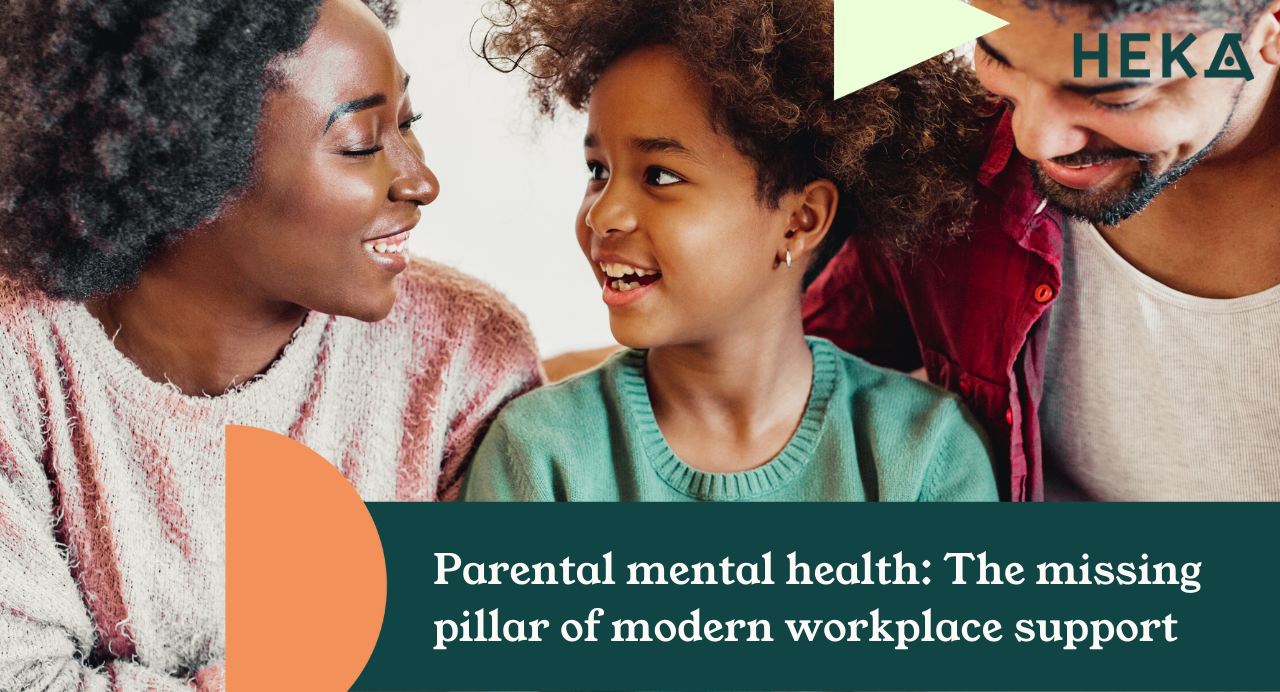A quick summary:
The One Thing That Unites Every Generation? Their Diversity
If you work in HR, you’ve probably sat through at least one presentation that tries to decode the mystery of Millennials, unlock the secrets of Gen Z, or explain why Boomers are allergic to emojis. Generational stereotypes are everywhere but they rarely reflect the reality of your workforce.
Here’s a more useful truth: every generation is diverse - and that’s exactly what unites them.
There’s No Such Thing as a Typical Employee
Today’s workforce might span five generations, but it certainly doesn’t break down into just five personas. Across every age group, you’ll find caregivers, marathon runners and mental health advocates, first-time parents and seasoned professionals. Some are planning for retirement - others are just getting started or gearing up for their next big move.
So why do so many benefits strategies still treat them the same?
When we reduce people to generational stereotypes, we miss what actually matters: their individual context, goals, and needs. And as expectations around wellbeing, flexibility, and personalisation continue to rise, it’s clear that the old one-size-fits-all approach doesn’t work.
Why Are So Many HR Strategies Still Built Around Generational Assumptions?
Despite the growing complexity of today’s workforce, many HR strategies still default to generational assumptions - segmenting employees into broad age-based categories in hopes of predicting their preferences or behaviours. But this approach often misses the mark.
When we lean on generational stereotypes, we overlook what actually shapes people’s experiences: context, circumstances, and evolving goals. As expectations around wellbeing, flexibility, and autonomy continue to evolve, it's clear that uniform approaches are falling short of what today's workforce truly needs.
Understanding People, Not Personas
Progressive HR leaders aren’t just asking how to support employees by age bracket - they’re asking how to meet people where they are. This starts by moving past assumptions and getting closer to what really matters: the lived reality behind the job title.
Today, that often means offering flexible, health-focused employee benefits that areresponsive to each person’s unique needs. Whether someone is managing stress, navigating a major life change, or pursuing personal growth, personalised support isn’t just nice to have - it’s expected.
When Insight Drives Inclusion
Beyond supporting individual wellbeing, personalised benefits create something else: insight. With the right data, organisations can better understand how people engage, where gaps exist, and where there’s risk or opportunity. This is where inclusion meets impact - not just in policy, but in practice.
And it’s where diversity becomes a strategic advantage, not just a checkbox.
Diversity Is Your Superpower
Here’s what it comes down to: the real power of any workforce lies in its diversity - of thought, background, needs, and experience. That diversity exists within every generation, and HR’s opportunity is to reflect it, not reduce it.
So next time someone says, “Millennials want this” or “Gen Z expects that,” pause. Listen. Look closer. Because what most people want isn't to be defined by a label - it’s to be seen, understood, and supported as individuals.
That’s the real challenge for modern HR, but also a great opportunity. And with the right tools, you can give them exactly that.






